Being Thankful in Difficult Times
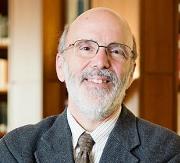 As we approach Thanksgiving in an unusual November, John Ragosta reflects on the writings of Thomas Jefferson and his words: “…to be thankful for what we have, rather than thoughtful about what we have not.” Ragosta is the lead faculty for Lifetime Learning‘s Summer Jefferson Symposium, a fellow at Virginia Humanities, and author of Religious Freedom: Jefferson’s Legacy, America’s Creed.
As we approach Thanksgiving in an unusual November, John Ragosta reflects on the writings of Thomas Jefferson and his words: “…to be thankful for what we have, rather than thoughtful about what we have not.” Ragosta is the lead faculty for Lifetime Learning‘s Summer Jefferson Symposium, a fellow at Virginia Humanities, and author of Religious Freedom: Jefferson’s Legacy, America’s Creed.
Lifetime Learning is thankful for its talented UVA faculty and engaged alumni, parents, and friends. We invite you to share your thanksgiving thoughts below.
Being Thankful in Difficult Times
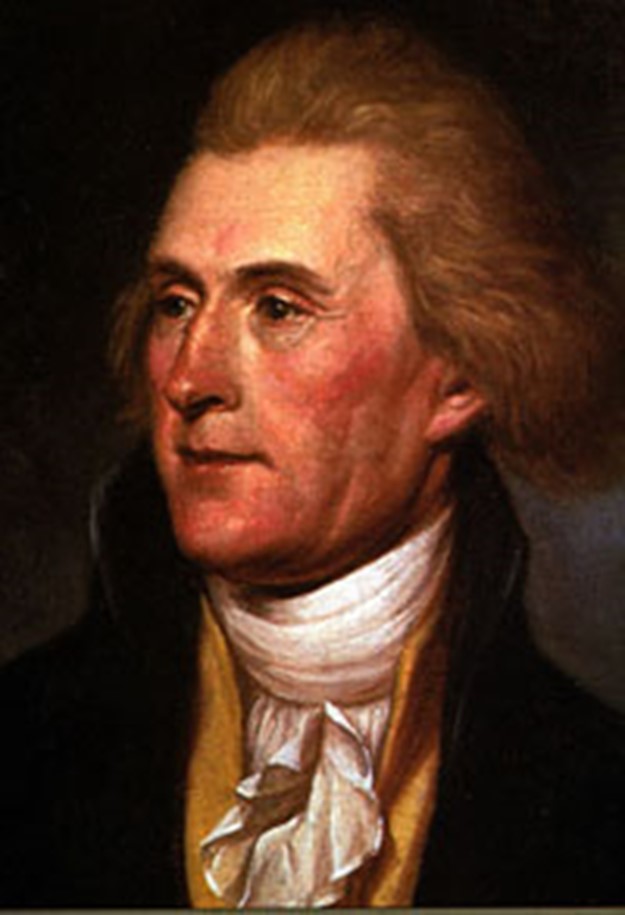
Asked to prepare some thoughts on Thomas Jefferson and Thanksgiving 2020, I hesitated. I have commented before on Jefferson and Thanksgiving, noting that he opposed government thanksgiving declarations because they seemed to be an improper government endorsement of a religious exercise and “[e]very religious society has a right to determine for itself the times for these exercises, & the objects proper for them, . . .” Jefferson derided governments that sought to clothe themselves with a religious mantle by improperly mixing church and state (smacking of a dangerous alliance of “kings, nobles and priests”).
Thomas Jefferson as a Thanksgiving buzzkill, though, seems particularly unsatisfying this year.
In a year defined by a pandemic, bitter political campaigns, and the public challenges of racial injustice—and in the face of a rising wealth gap and privilege that exempt some from the great challenges faced by many—do we have time and a place in our hearts for Thanksgiving at all? And does Jefferson have anything to say to us on the subject?
Jefferson often wrote eloquently of the essential foundations of the American republic. While we bemoan the enormous political, financial, and health challenges of 2020, it is always in those foundations that we as a nation can find the gratitude, joy, and humility at the heart of a national day of thanksgiving.
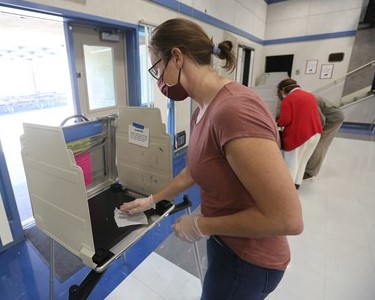
Politically, Jefferson was confident and thankful that “[s]hould things go wrong at any time, the people will set them to rights by the peaceable exercise of their elective rights.” While we may be glad that the political season has (largely) ended, we, too, can be thankful for the democratic process itself. While it is a challenge, and unfortunately, must continually be defended against possible interference, voter suppression, and apathy, it is still, as Jefferson explained, “a mild and safe corrective of abuses” that might otherwise lead to revolution.
The essential role of the people in setting things “to rights” when the nation had gone astray was why Jefferson was such a determined advocate for a broad, public education, telling Madison that when the people are educated, “on their good sense we may rely with the most security for the preservation of a due degree of liberty.”
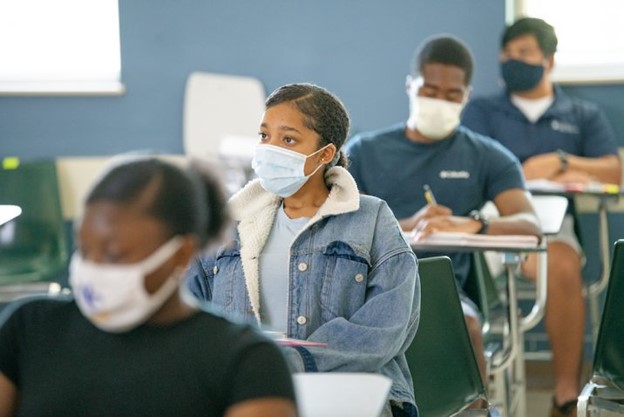 Today, we still depend upon an educated citizenry to make our nation work, and we can be especially thankful for the extraordinary sacrifices, innovation, and good grace that America’s teachers have shown in these most trying times. With Jefferson, we can send our “esteem, respect & gratitude … to those who devote their time and efforts to render the youths …” tomorrow’s educated leaders and citizens.
Today, we still depend upon an educated citizenry to make our nation work, and we can be especially thankful for the extraordinary sacrifices, innovation, and good grace that America’s teachers have shown in these most trying times. With Jefferson, we can send our “esteem, respect & gratitude … to those who devote their time and efforts to render the youths …” tomorrow’s educated leaders and citizens.
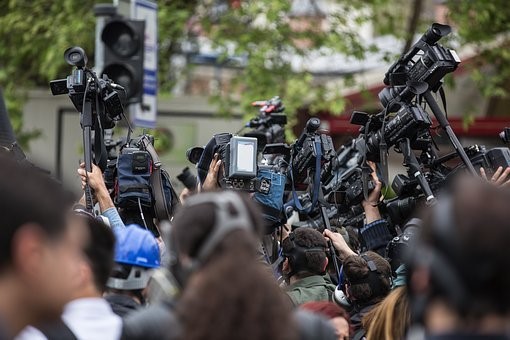 In 2020, I am also especially thankful for investigative journalists who question government officials and ensure that the people, “the basis of our governments,” are well-informed. Jefferson explained that “[t]he functionaries of every government have propensities to command at will” the public, and since our liberties have “no safe deposit… but with the people themselves,” they must have access to a free press. “Where the press is free and every man able to read, all is safe.” While the media has been deeply challenged this year, with Jefferson, I am thankful for journalists who meet those challenges, search for truth and inspire our confidence.
In 2020, I am also especially thankful for investigative journalists who question government officials and ensure that the people, “the basis of our governments,” are well-informed. Jefferson explained that “[t]he functionaries of every government have propensities to command at will” the public, and since our liberties have “no safe deposit… but with the people themselves,” they must have access to a free press. “Where the press is free and every man able to read, all is safe.” While the media has been deeply challenged this year, with Jefferson, I am thankful for journalists who meet those challenges, search for truth and inspire our confidence.
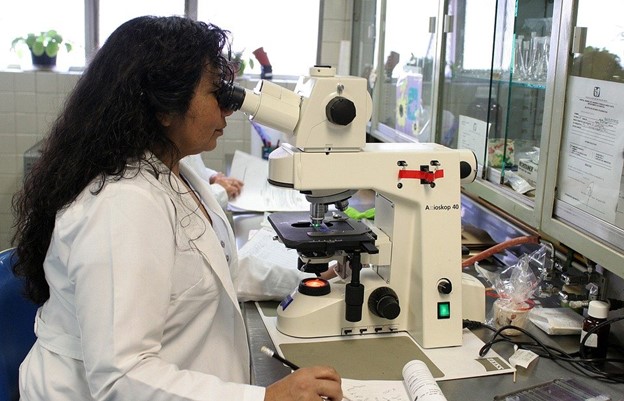 And, of course, we can also be especially thankful this year for the scientists and medical professionals who have worked tirelessly to care for the sick and to find remedies for the sickness. Here, too, we can be reminded that Jefferson, in the midst of the recurring smallpox epidemic, encouraged inoculation—new science that dramatically drove down deaths from the viral scourge. We can look forward to the same.
And, of course, we can also be especially thankful this year for the scientists and medical professionals who have worked tirelessly to care for the sick and to find remedies for the sickness. Here, too, we can be reminded that Jefferson, in the midst of the recurring smallpox epidemic, encouraged inoculation—new science that dramatically drove down deaths from the viral scourge. We can look forward to the same.
I do not mean to minimize the challenges that 2020 continues to pour upon us, nor the challenges that we continue to face to defend the electoral process, impartial (non-politicized) justice, racial and gender equality, and the search for truth by health professionals and scientists.
Yet, in many ways, those concerns demonstrate that, while we have much to do, we have much for which to be thankful, including the opportunity to make things right.
Jefferson was thankful for the American people, for education, for science, and for the American system, certainly sound footings for our national day of Thanksgiving.

When Jefferson faced the daunting task of becoming the nation’s third president, he was thankful for the fact that he would not face that task alone, but would have the assistance of others and their resources “of wisdom, of virtue, and of zeal on which to rely under all difficulties.” Thanksgiving 2020 is a particularly apt time to remember with gratitude all of those friends and neighbors, teachers and doctors, nurses and scientists, truck drivers and store clerks, and unnamed and unknown others, who, as we struggle with the seemingly relentless problems of a very difficult year, provide equally unrelenting assistance.
The greatness of our challenges merely deepens the necessity for an attitude of gratitude. In this most trying of Thanksgivings, we might also find the strength to give others good cause to be thankful. For “[w]hen any signal act of charity or gratitude … is presented,” Jefferson concluded, “we are deeply impressed with its beauty and feel a strong desire in ourselves of doing charitable and grateful acts also.”
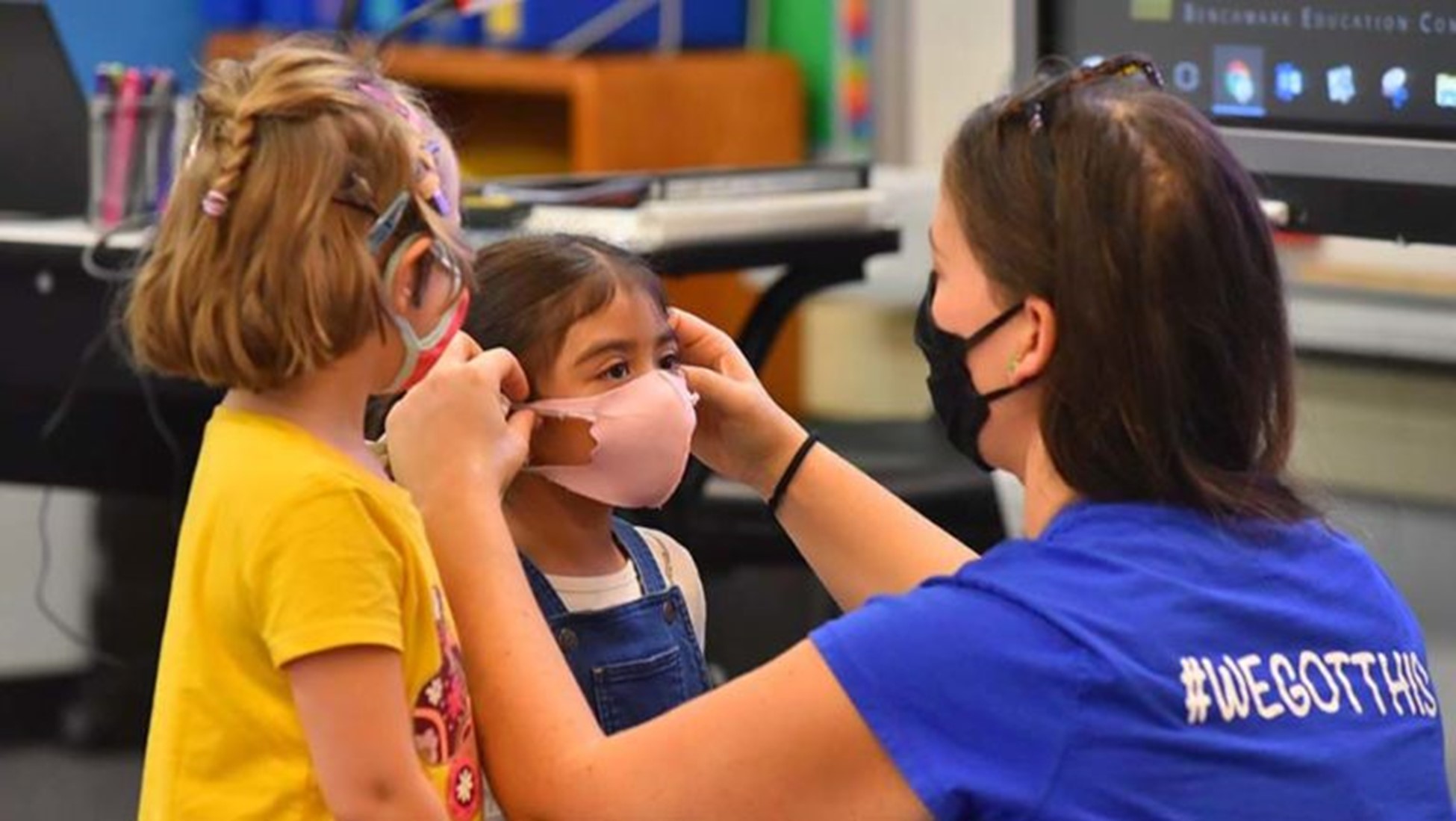
In his last exchange with Abigail Adams, Jefferson reflected on their long and deep relationship, knowing how their friendship had been suspended for a dozen years because of bitter political differences. The aging politician reminded Adams that “on the whole … perhaps it is wise and well to be contented with the good things which the master of the feast places before us, and to be thankful for what we have, rather than thoughtful about what we have not.”
- A Revolution in the Air: The Wright Brothers Take to the Sky on December 17, 1903
- Musings on National Violin Day
- Making the Promise Real: How a UN Tax Convention Can Fulfill the UNDHR’s Vision
- UVA Club of Atlanta: Virtual Pilates Class
- UVA Club of Houston: Hoo-liday Party
- UVA Club of Fredericksburg: Hoo-liday Lights Tour